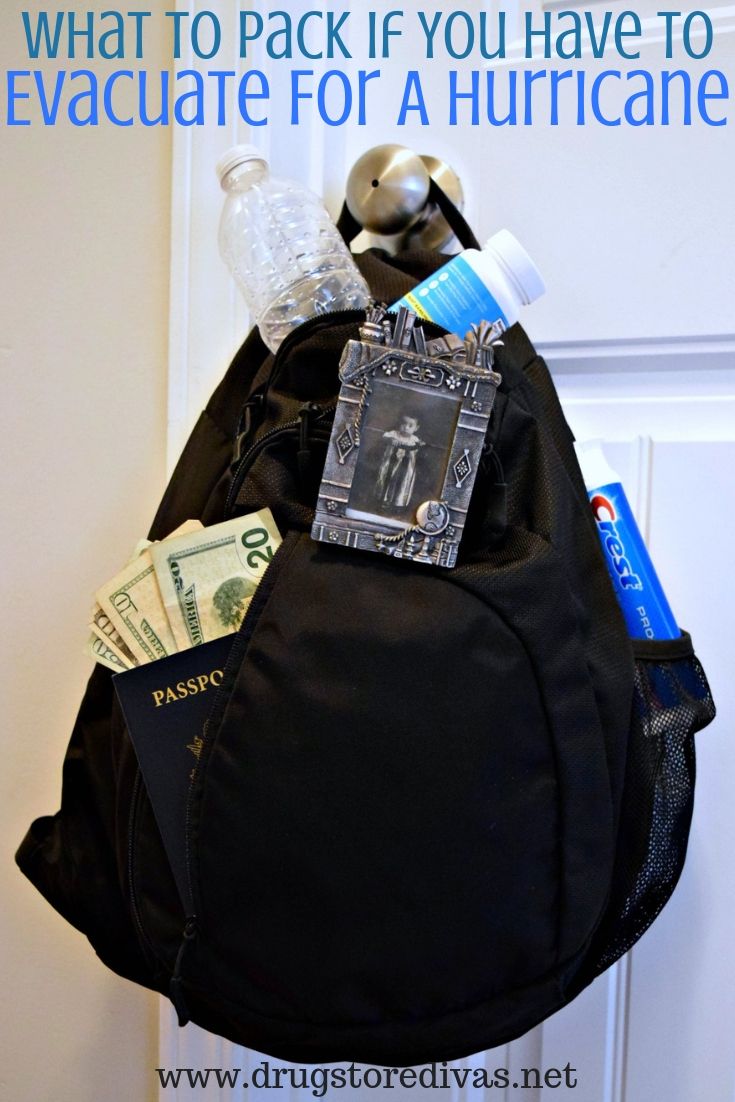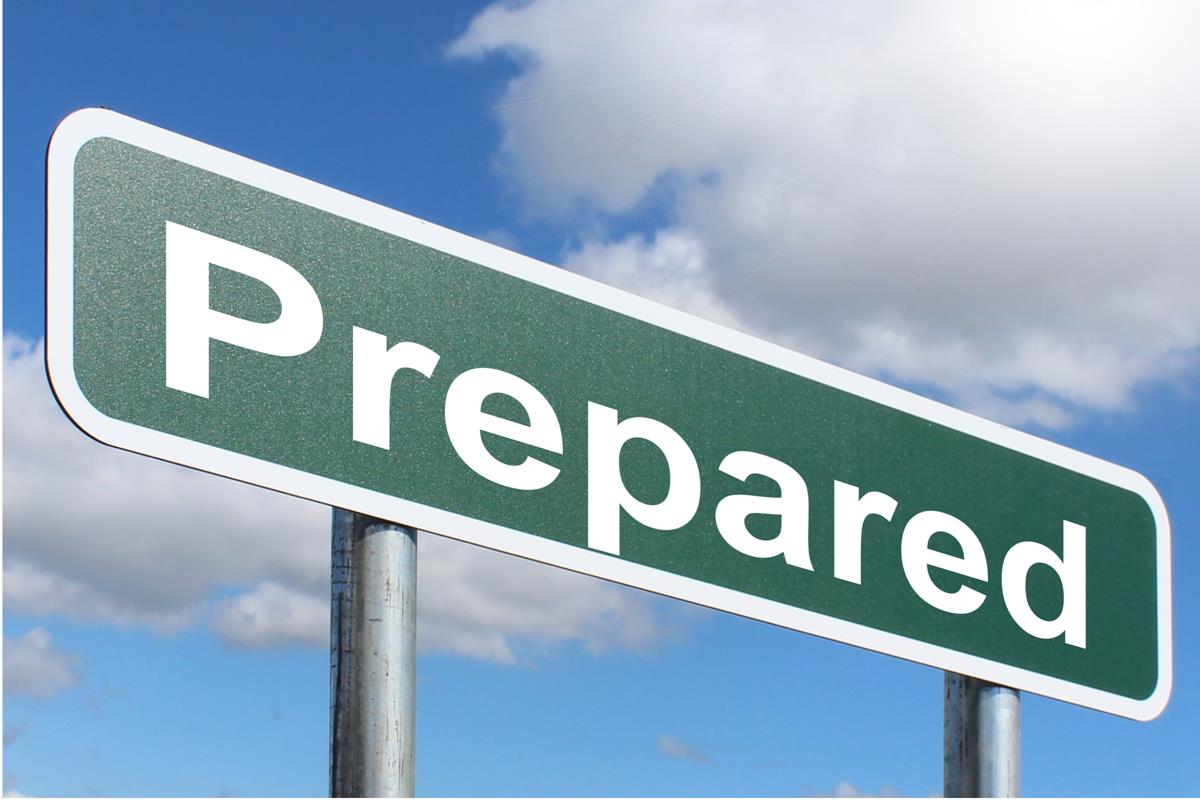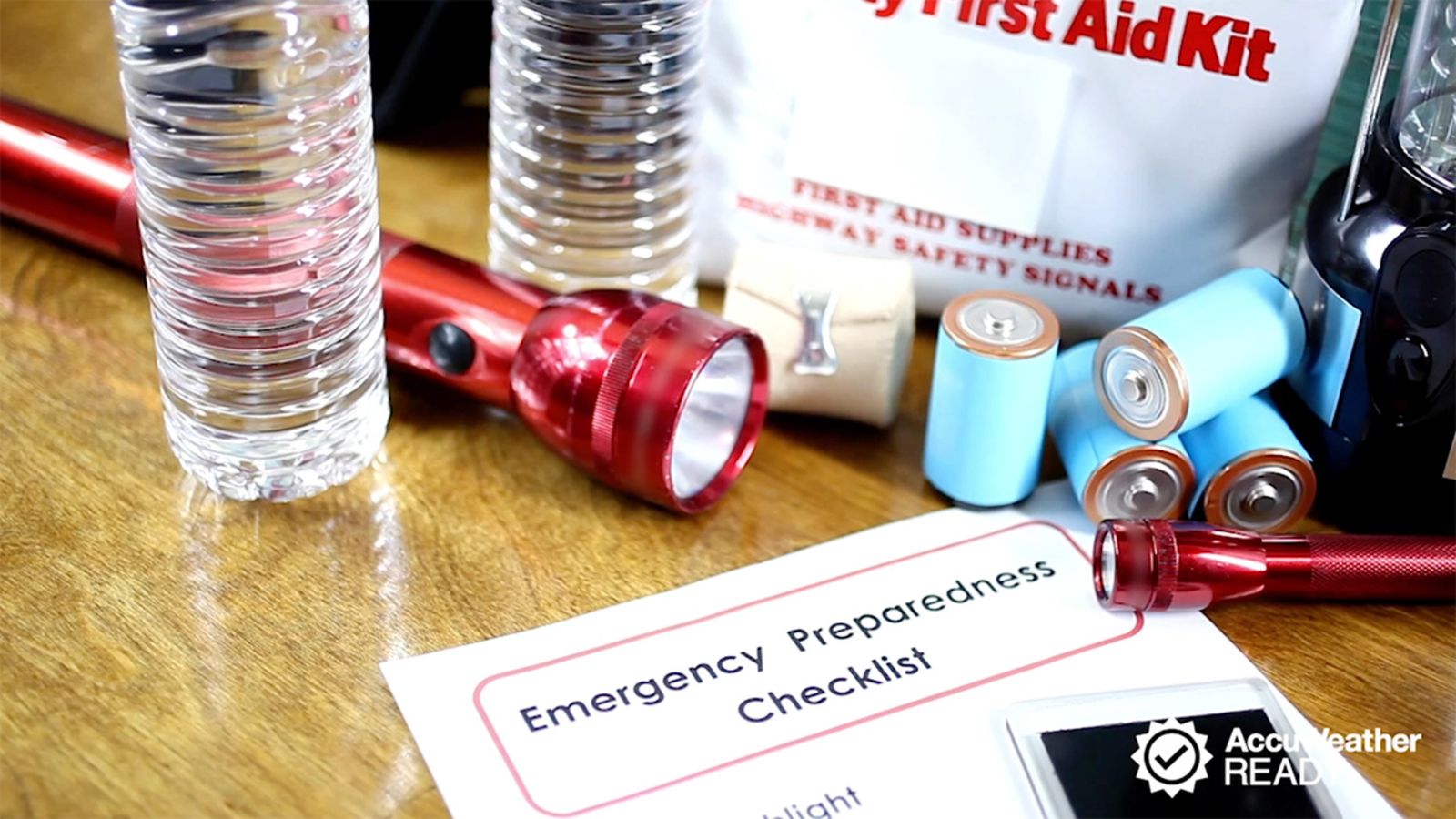Must-Have Survival Items:

Navigating through unexpected scenarios or emergencies requires being equipped with essential survival items. These items play a crucial role in ensuring your safety, comfort, and ability to manage challenging situations. Whether you’re facing natural disasters, power outages, or other unforeseen events, having these items readily available can make a significant difference. Here’s a comprehensive list of must-have survival items:
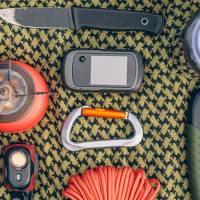
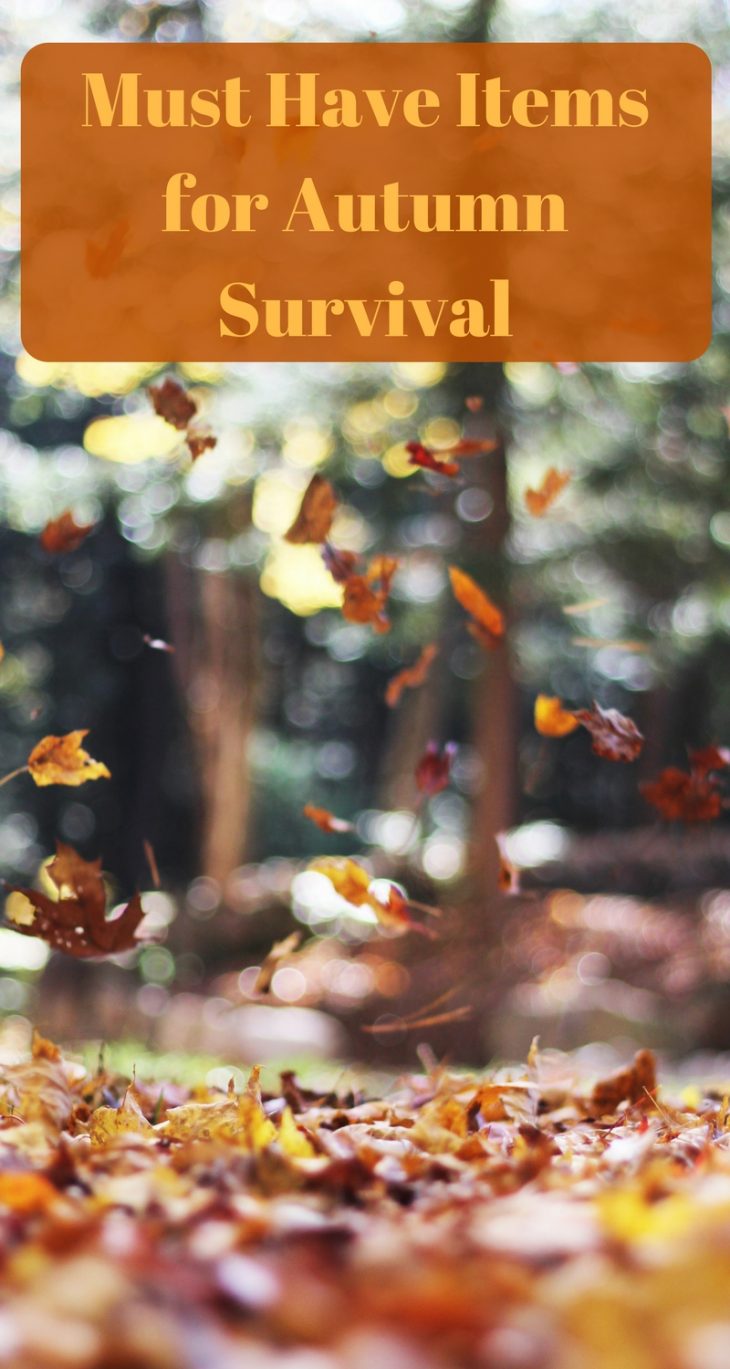
Food:
- Non-perishable food items with a long shelf life, such as canned goods, protein bars, and energy bars.
- Dried fruits, nuts, and crackers for snacks.
- A manual can opener if necessary.
First Aid Kit:
- Basic first aid supplies, including bandages, antiseptic wipes, pain relievers, and a CPR instruction guide.
- Medications that you regularly take, along with an extra supply.
Shelter:
- A tent or tarp for temporary shelter from the elements.
- A sleeping bag or blanket for warmth and comfort.
- A ground pad or inflatable mattress for insulation and support.
Navigation and Communication:
- A map of the area and a compass for finding your way around.
- A flashlight or headlamp with extra batteries.
- A whistle for signaling for help.
- A radio to receive emergency broadcasts and weather updates.
Tools:
- A multi-tool or Swiss Army knife with various tools and functions.
- Pliers, a screwdriver, and a hammer for basic repairs.
- A saw or an ax for cutting wood for shelter or fire.
Fire Starting Materials:
- Matches or a lighter in a waterproof container.
- Fire starter cubes or tinder to help ignite a fire.
- Dry kindling and firewood for maintaining a fire.
Lighting:
- A flashlight or headlamp with extra batteries.
- A lantern or candles for additional light sources.
Hygiene and Sanitation:
- Toilet paper or biodegradable wipes for personal hygiene.
- Hand sanitizer or soap and water for cleaning hands.
- A small towel for drying and general use.
Clothing and Protection:
- A change of clothing, including warm layers and waterproof gear.
- Sturdy shoes or boots for rough terrain.
- A hat, sunglasses, and sunscreen for sun protection.
Personal Items:
- Important documents such as ID, insurance, and medical information.
- Cash and credit cards for emergencies.
- A small notebook and a pen for note-taking and communication.
Special Considerations:
- If you have any specific health conditions or allergies, pack the necessary medications and supplies.
- For infants or young children, include diapers, formula, and other essential items.
Remember, the specific items you need may vary depending on your circumstances and the environment you’re facing. Regularly check and replenish your survival kit to ensure it’s up to date and ready for use when needed.







